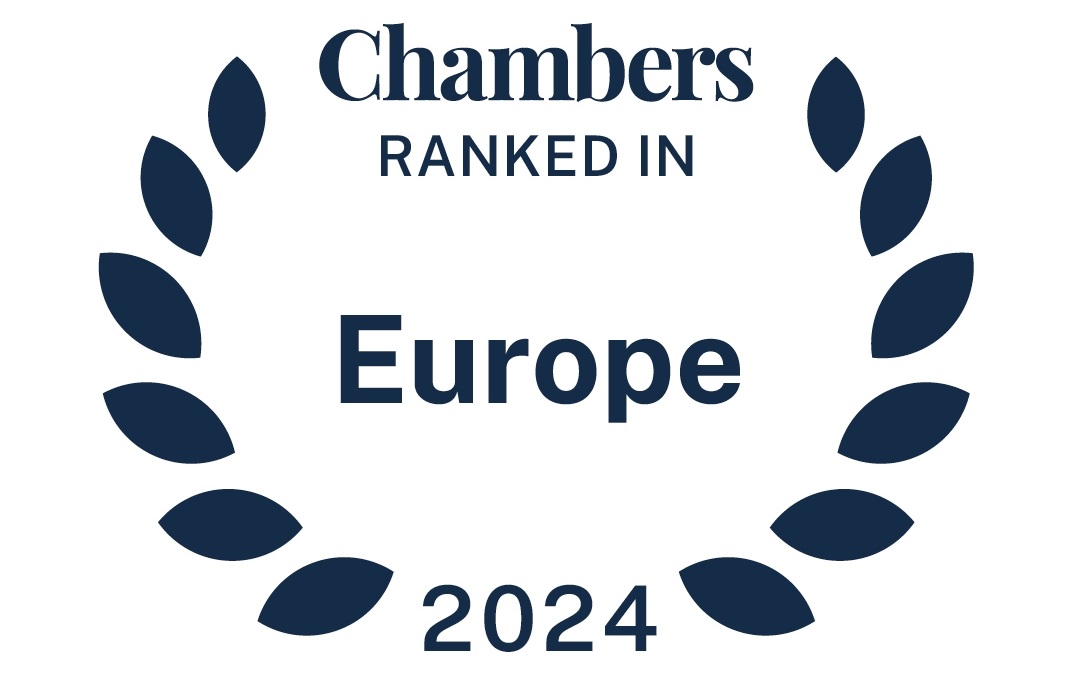The Foreign Subsidies Regulation (the FSR) sets out rules and procedures for investigating bids in the context of public procurement procedures (PPPs) if foreign financial contributions (FFCs) and tender value thresholds are exceeded. In the case of a mandatory notification, the European Commission (EC) will determine if foreign subsidies granted to the bidder would distort the internal market and whether or not a commitment to remedy any distortion would be necessary.
The FSR introduces a notification-based procedure for the assessment of bids for PPPs:
- involving financial contributions from non-European Union third party countries (namely central governments and public authorities, foreign public entities or private entities whose actions can be attributed to a third country); and
- where the estimated value of the contract is at least EUR 250 million, and the tenderer has been granted aggregate financial contributions of at least EUR 4 million per third party country in the three years preceding the notification. If the procurement is subdivided into lots, the value of the lot or the aggregate value of all the lots for which the company is bidding must also be at least EUR 125 million, in addition to the above two criteria.
Once the notification thresholds are met, the investigation procedure is divided into two stages: a preliminary review and, if necessary, an in-depth investigation to gather additional relevant information.
Following an in-depth investigation, the EC has three options. If it finds that the company benefits from a foreign subsidy that distorts the internal market, the EC may (i) prohibit the award of the contract or (ii) impose commitments on the bidder. Otherwise, it will (iii) take a decision not to raise objections.
Reflexes to Be Adopted when Entering into a European PPP
- Mapping and assessment of FFCs over the last three years. Companies operating in the European Union, regardless of whether they are part of a non-EU group or not, should establish a system to monitor and quantify FFCs once they decide to participate in a European PPP. Companies should identify the FFCs granted for the relevant period in order to assess whether the applicable notification thresholds are met.
- If the relevant notification thresholds are met, engage in pre-notification discussions with the EC (Directorate General GROW) well in advance of the notification in order to prepare for the preliminary review of FFCs in the context of the PPP. While not mandatory, the EC believes that contact pre-notification can be valuable to both the notifying party(ies) and the EC in determining the precise information required in a notification and in ensuring that the notification is complete.
- Remember that for the purposes of notifications and declarations concerning FFCs, notifying parties are all economic operators, groups of economic operators, main subcontractors and main suppliers. The term “notifying party(ies)” includes all their subsidiaries without commercial autonomy and all their holding companies.
- Notify the contracting authority, using a specific form, if the bidding party and any main subcontractors and suppliers involved in the same tender have received > EUR 4 million in FFCs from a single non-EU country in the 3 years preceding the notification; or declare to the contracting authority if the bidding party and, where relevant, main subcontractors and suppliers have not received financial contributions > EUR 4 million from a single non-EU country. Failure to provide such notification or declaration shall result in the tenderer being excluded from participation in the procedure. Once the notification or declaration has been submitted, the contracting entity shall immediately transmit it to the EC for evaluation.
- The EC will assess during its review whether the FFCs granted to the notifying parties have enabled them to submit a bid that is unduly advantageous in relation to the PPP’s works, suppliers or services. An FFC will be considered to confer an advantage on a company if it could not have been obtained under normal market conditions, i.e. the existence of an advantage should be determined using comparative benchmarks, such as the investment practice of private investors, the financing rates obtainable on the market, a comparable tax treatment or the appropriate remuneration for a given good or service.
- If the bidder does not yet have a clear understanding of the nature and amount of the FFCs received, given the time constraints of the bidding process and the practical difficulties of obtaining such detailed information for all its holding companies, the bidder should:
– Use the pre-notification process to request a reasoned waiver from the EC;
– Use the additional time of up to ten working days to complete the notification submitted if the EC requests complementary information and provide the list of FFCs received (or at least confirmation that none have been received in the three years prior to notification).
Procedure Under Review
On February 16, 2024, the European Commission launched its first in-depth investigation following a notification submitted to the Commission by CRRC Qingdao Sifang Locomotive Co., Ltd., a subsidiary of CRRC Corporation, a Chinese state-owned train manufacturer and the world’s largest rolling stock manufacturer in terms of sales.
The notification procedure concerns a PPP launched by Bulgaria’s Ministry of Transport and Communications, relating to the provision of several electric “push-pull” trains for an estimated value of BGN 1.2 billion (around EUR 610 million).
Following its preliminary examination, the Commission considered that the opening of an in-depth investigation was justified as there were sufficient indications that CRRC had received a foreign subsidy that distorted the internal market. The EC has 110 working days from the date of the complete notification on January 22, 2024, i.e., until July 2, 2024 (without prejudice to a possible extension of 20 working days in duly justified exceptional cases) to take a final decision. This is a mandatory deadline, which means that if the EC has not adopted a decision within this time limit, the public contract may be awarded to any of the bidder, including CRRC which has submitted the notification.
As a result of the ongoing investigation, the Bulgarian Ministry of Transport and Communications cannot award the public contract to any of the bidders until the FSR investigation is deemed closed.




